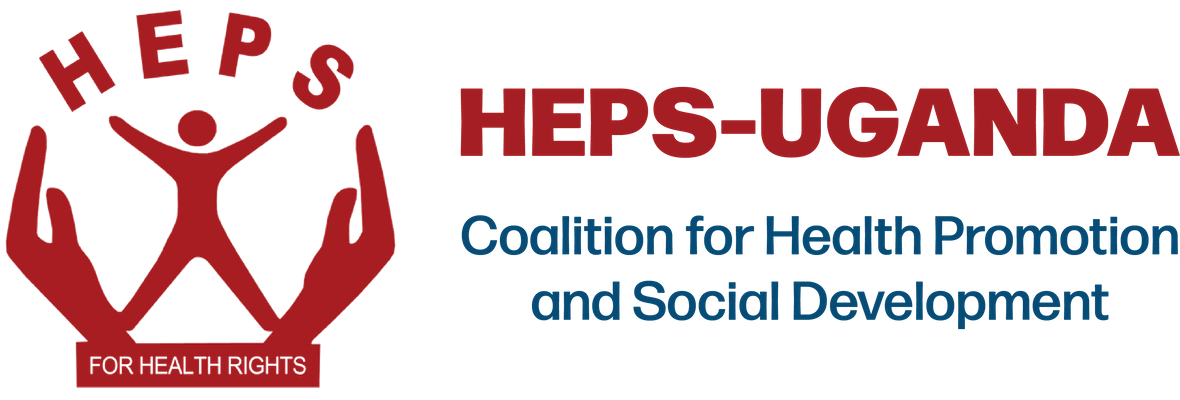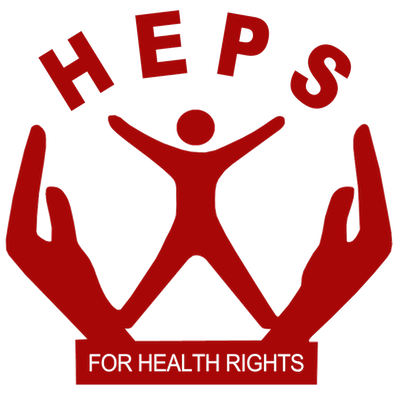Last Month HEPS-Uganda closed an 18-month project implementation which was aimed at minimising stock-outs of family planning commodities in 16 public health facilities in Mbarara and Kamuli districts and raise community awareness on contraceptives choice. Reframing the issue of stock-outs as an issue of choice, HEPS mobilised communities, partnered with radio stations, and conducted community outreach activities to raise awareness about family planning and the right to access a full range of methods. More than 200 community members, health providers, and local government officials participated in a ‘community scorecard’ process that assessed family planning services. The process yielded community action plans for implementation over six months. HEPS is using the evidence generated to engage national level actors and partners to act on stock outs and other access barriers.
During the project implementation, HEPS-Uganda also collected information on citizens’ perceptions and attitudes about contraceptives availability and choice, using a software platform called Trac-FM, which radio talk show hosts employed to poll listeners live (using SMS technology) on contraceptive choice and stock-outs. Over the course of the project (June 2015-May 2016), 37 Trac-FM polls were held on four radio stations, receiving a total of 16,310 responses.
Last Month, the project came to an end with a national stake holders meeting held in Kampala. Stakeholders including NMS, Ministry of Health and Civil Society partners, health facility representatives, district health teams and community representatives made commitments to address the gaps and recommendations raised from the project implementation.
There was also presentation and discussion of findings from a study conducted by researchers at Mbarara University of Science and Technology (MUST) and Ibis Reproductive Health.
The lack of supplies and equipment at health facilities is recognised as a key barrier to service access. However, there is limited information on the consequences of family planning stock-outs, and how women cope with them.
This survey was conducted in Kamuli and Mbarara districts. Data were collected through focus groups discussions (FGDs) with women aged18-49 years that had ever used or tried to use a method of family planning; and individual key informant interviews with district health officers (DHOs), district supplies officers, secretaries for social services, district hospital supplies officers; managers of non-governmental organisations (NGOs) supporting family planning services in the district; and service providers identified from selected health facilities.
Among the recommendations for follow up were the following;
– MOH and NMS should continue to engage with the Ministry of Finance, Parliament and Cabinet to increase budget allocation for FP commodities
– Train health providers on long term FP methods
– Revisit the distribution of contraceptives to ensure that contraceptives are available in the last mile in the communities







